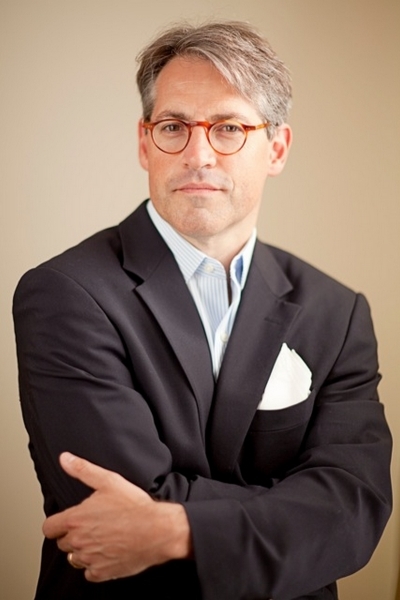Voluntary Associations More Reliable Than Government
Louisiana and Tocqueville

People banding together to do good. It's what Americans have always done, and are still doing.
I recently had the pleasure of speaking with Lord Jonathan Sacks, a British rabbi who won the 2016 Templeton Prize for Progress in Religion — a prize Chuck Colson also won. Lord Sacks told me that every American ought to read Alexis de Tocqueville's classic book, "Democracy in America," at least once a year. Why? To remind ourselves that citizens acting together can do far more good than a far-off government.
Just ask the citizens of Baton Rouge. Following a catastrophic flood recently which killed 13 people and rendered thousands homeless, residents learned yet again — as they did after Hurricane Katrina — how unreliable "the government" can be. U.S. Congressman John Mica called the federal government's response "pitiful."
But that didn't mean Baton Rougers were without help — far from it. Hundreds of volunteers — members of churches, civic groups, and rank and file volunteers — showed up to pitch in. Volunteers in boats rescued some 30,000 people.
Wesley Pruden, a columnist at the Washington Times, marveled at the private citizens who worked to ease the suffering. For example, a Notre Dame student organized food contributions. Citizens in Appalachia loaded up a truck "with diapers, baby food, basic groceries, odd pieces of furniture and tape guns." And University of South Carolina athletes "organized a truck to Baton Rouge for the benefit of their rivals at Louisiana State University."
Alexis de Tocqueville would not have been surprised. During his long visit to America nearly 200 years ago, the Frenchman applauded the American habit of forming civic associations for the purpose of doing good.
As Tocqueville put it, in the U.S., "Americans of all ages, all conditions, all minds constantly unite," forming associations "religious [and] moral . . . immense and very small; Americans use associations to give fetes, to found seminaries . . . to raise churches, to distribute books, to send missionaries to the antipodes; in this manner they create hospitals, prisons, schools.
"Finally," Toqueville writes, "if it is a question of bringing to light a truth or developing a sentiment with the support of a great example, they associate."
And when they form associations, Tocqueville adds, Americans "are no longer isolated but have become a power seen from afar whose activities serve as an example and whose words are heeded."
Civic groups not only meet immediate needs, such as feeding flood victims; they can also work to protect us from a too-powerful government that seeks to take over jobs it is ill-equipped to do — or worse, take away our freedoms. In fact, as I write in my new book "If You Can Keep It," if we're going to keep our freedoms and our Republic, we need to do the things Tocqueville is talking about. This is why, for instance, I admire the Becket Fund for Religious Liberty, whose members banded together to protect the religious rights of all Americans — freedoms which are occasionally stomped on by bureaucratic bullies.
So I encourage all of you to look around, search out local needs, and join, or even found, a civic society to meet that need. I've done this myself: About a dozen years ago, I saw a need for busy professionals to have a forum where they could think about the bigger questions in life, and hear notable thinkers talk about "life, God, and other small topics," as we put it. Socrates in the City: Conversations on the Examined Life, was born.
Finally, I hope you'll take Lord Sacks' advice: Find a copy of Democracy in America, climb into a comfortable chair, and read it from cover to cover. You will learn that our enthusiasm for forming groups to do good is a big part of what makes America great.
Originally posted at breakpoint.org.




























